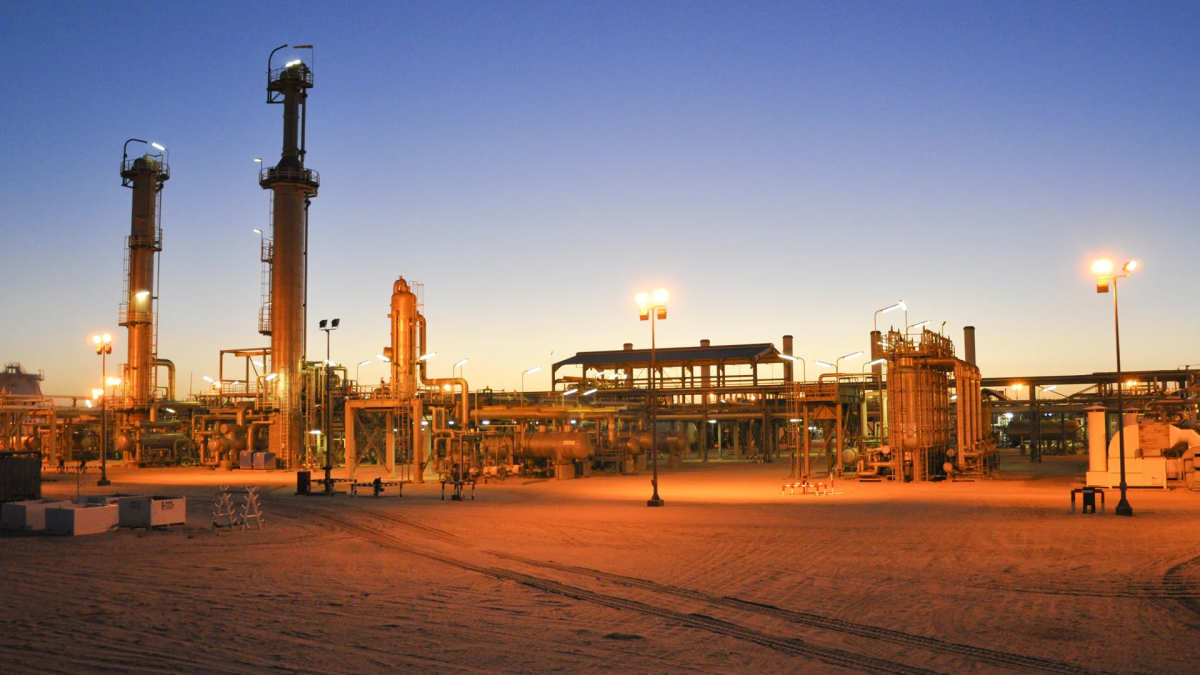In a dramatic escalation of Libya’s ongoing political strife, the eastern-based government, led by Prime Minister Osama Hammad, has announced the closure of all oilfields under its control. This move, Reuters reported on August 26, 2024, is part of an intense power struggle over the leadership of the Central Bank of Libya (CBL), further threatening the fragile peace in the war-torn country.
The shutdown, declared by the unrecognized eastern administration, affects nearly all of Libya’s oil production, which is concentrated in the eastern region. Waha Oil Company, a subsidiary of the National Oil Corporation (NOC), has already begun reducing output, with warnings that Libya’s overall production could come to a complete halt if the situation continues. Another NOC subsidiary, Sirte Oil Company, has also announced cuts in production, calling on authorities to intervene to maintain output levels.
This decision follows days of heightened tensions between Libya’s two rival governments. The central issue revolves around the contested leadership of the CBL, with factions from both the eastern and western governments attempting to control the country’s vital financial institution. The Tripoli-based Government of National Unity (GNU), led by Prime Minister Abdul Hamid Dbeibeh, has condemned the shutdown of oilfields, describing it as an unjustifiable action based on “flimsy pretexts.”
According to Reuters, the dispute intensified when the Presidential Council in Tripoli attempted to replace the CBL head, Seddiq Al-Kabeer, a move that was met with resistance from armed factions aligned with both administrations. The appointment of Mohamed Al-shukri as the new governor by the Tripoli government was ultimately rejected by Alshukri himself, who cited concerns about potential bloodshed.
The eastern government’s decision to close the oilfields has significant implications not only for Libya but also for global oil markets. Analysts predict that the disruption in Libyan oil exports could drive Brent crude prices back to the mid-$80s per barrel. The closure adds to the volatility in the global energy market, which has seen fluctuations in recent weeks.
Libya’s oil sector, which provides the majority of the country’s revenue, has long been a focal point of contention between its rival governments. The CBL, as the sole internationally recognized depository for oil revenues, plays a crucial role in the country’s economy. However, the ongoing conflict over its leadership threatens to destabilize this critical sector further.
The situation remains fluid, with no clear resolution in sight. The closure of the oilfields could exacerbate the humanitarian crisis in Libya, where the ongoing conflict has already led to severe economic and social challenges. As the country marks more than a decade of instability since the 2011 NATO-backed overthrow of Muammar Gaddafi, the current crisis underscores the deep divisions that continue to plague Libya’s path to peace and prosperity.




